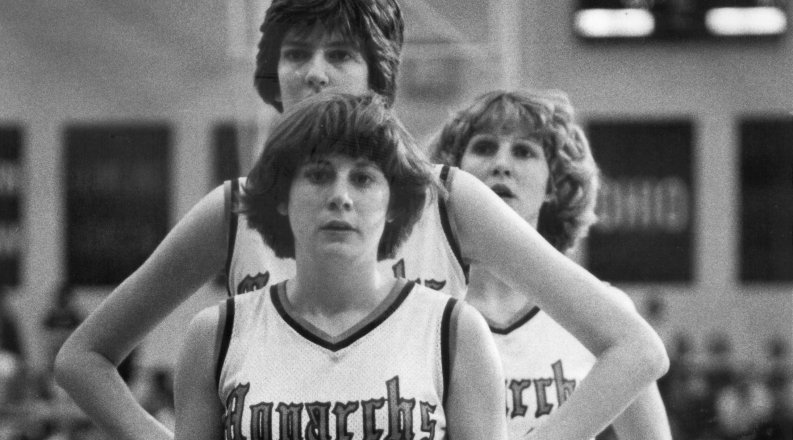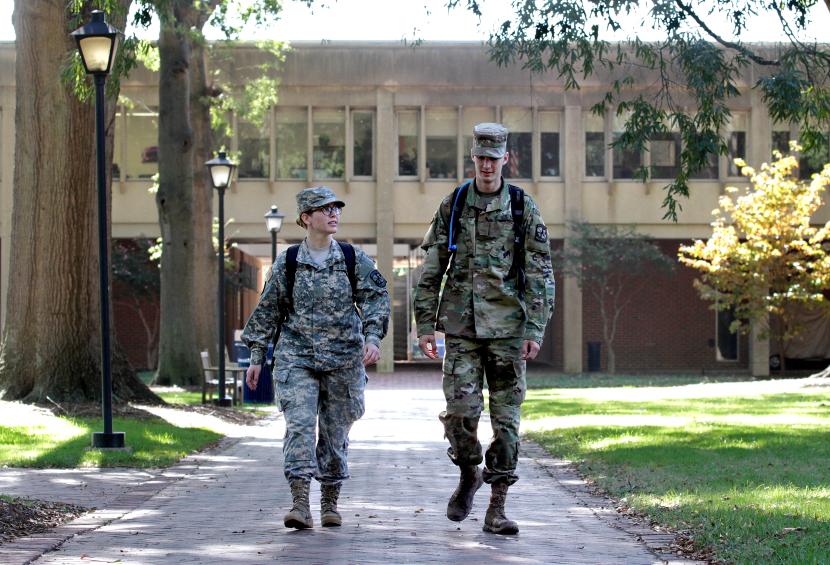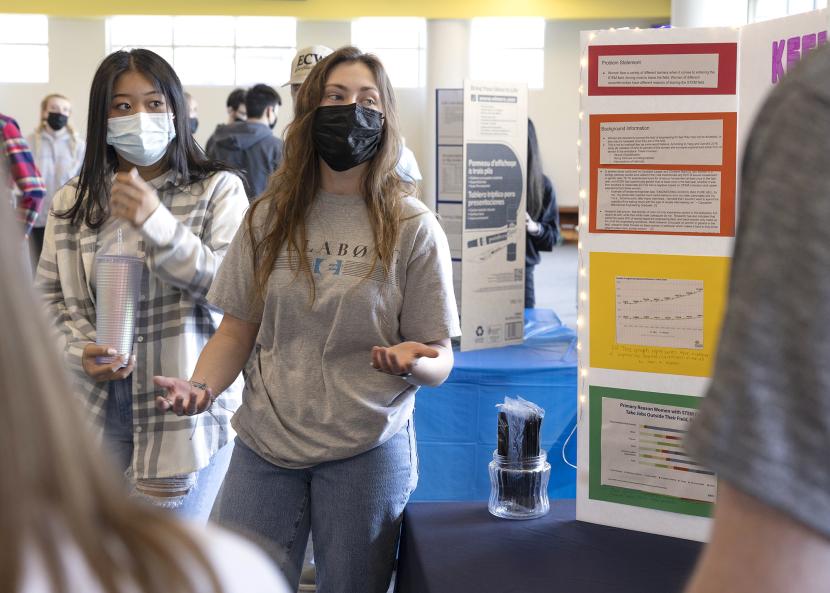Nancy Lieberman won two national championships and a Wade Trophy National Player of the Year award at Old Dominion University. In 1976, she became the youngest basketball player to win an Olympic medal.
She's coached and played for men's and women's basketball teams, and since retiring from basketball at age 50 (take that Tom Brady) has honed a career as broadcaster, coach and philanthropist.
Nicknamed "Lady Magic" because she was considered the female version of Magic Johnson, she is a household name with millions of women's basketball players and fans.
And none of it would have happened if not for 37 words inserted into the Education Amendments Act of 1972, which was signed into law 50 years ago by President Richard Nixon.
"I'm a Title IX baby," Lieberman said. "Without Title IX, I would have had a very different life."
So would have tens of millions of others. Although Title IX is best known for its impact on athletics, it changed everything for women seeking advanced degrees or admission into elite universities that once discouraged them from applying.
ODU's athletic department celebrated the 50th anniversary of Title IX with two events last week. Monique Smith, former commissioner of CIAA and a professor at Hampton University, held a mixer with faculty and staff at the Priority Automotive Club.
The next day, ODU will hosted panels of women's leaders in college sports in the North Café at the Webb Student Center.
Smith was joined by Andrea Hoover-Erbig, executive director of intercollegiate athletics at Virginia Wesleyan; Angie Hind, ODU women's soccer coach; Ivan Rich, senior women's administrator at Norfolk State University; Kyra Kendrick, director of membership engagement at Women Leaders in College Sports; Lori Robinson, director of player engagement for the Baltimore Ravens; and ODU Sports Management Professor Michelle Redmond.
Title IX outlaws discrimination based on sex among 17,600 school districts and 5,000 institutions of higher learning that receive federal funds. According to the federal Office of Civil Rights, that includes bias in recruiting and counseling students, admissions and financial aid, sexual harassment or assault, treatment of pregnant and parenting students, and, of course, athletics.
In 1972, 42% of all college students were female. Today that number is almost 60%.
Title IX is credited with decreasing the dropout rate among women and increasing opportunities in advanced degrees but is popularly known for its immense impact on athletics.
Despite its significant impact, Title IX does not even mention athletics:
"No person in the United States shall, on the basis of sex, be excluded from participation in, be denied the benefits of, or be subjected to discrimination under any education program or activity receiving Federal financial assistance."
"I'm a Title IX baby," Lieberman said. "Without Title IX, I would have had a very different life."
At the time the bill was signed into law, most school systems in Hampton Roads had no girls varsity athletic teams, and ODU's women's teams were far underfunded compared to their male counterparts.
Nationally, there were 170,000 men's college athletes and only 30,000 women. Regarding athletic scholarships, 98% of the benefits went to men.
The result of the new law was seismic. The number of high school female athletes exploded from 295,000 to 1972 to more than 800,000 a year later. More than 2.6 million girls participated in high school varsity athletics in 2019-20.
In 2019-2020, more than 243,000 college athletes were female, compared to 281,000 males (56%).
Title IX was aggressively implemented in the early 1970s by then ODU Athletic Director Jim Jarrett, who made the University the first in Virginia to offer women athletic scholarships. Because ODU began to comply early on, its women's basketball and field hockey teams became national powers.
Lieberman remembers during her early days at ODU that the Lady Monarchs would travel to games in an elongated car called the "blue goose." The men's basketball team often flew to games.
"Dr. Jarrett ended that," Lieberman said. "We flew, we played games at Madison Square Garden. We were the first team in women's basketball to have nice uniforms. Dr. Jarrett treated us equally with the men.
"What he did, what he accomplished at ODU, was copied by other schools - Tennessee, Louisiana Tech, Texas and UCLA."
When ODU opened the Mitchum Basketball Performance Center for men's and women's basketball in 2017, everything was built equally for both programs, from the offices to locker facilities to team rooms.
"When you walk into our practice facility, you see ODU's commitment to gender equity," women's basketball coach DeLisha Milton-Jones said.
Hind came to America from her native Scotland largely because of Title IX.
"So many female coaches and athletes have come to America because there are so many more opportunities here," Hind said.
There is, she notes, no Title IX in Scotland.
Lieberman said that Title IX was the most significant advancement for women in America since the passage of the 19th amendment to the U.S. Constitution a century ago that gave women the right to vote.
"Title IX changed the country," she said. "And it changed the lives of so many women."
Including Reagan Tate, an ODU senior from Virginia Beach who is a defender on the women's soccer team.
Tate played for a state championship team at First Colonial High School and a Conference USA championship team at ODU. She's also earned a degree in cybersecurity and is working on her master's degree in the same field. Her education was partially paid for with an athletic scholarship.
ODU's soccer facilities are, like basketball facilities, exactly same for the men's and women's teams.
"At ODU, it feels like we are treated equally with the men," she said. "We are given good gear, good facilities, given everything they have."
And she appreciates what was done 50 years ago to make it all possible.
"Winning those championships, the experiences I've had with my teammates, those are experiences I will never forget," she said.
"I'm very grateful for the opportunities that I've had."






